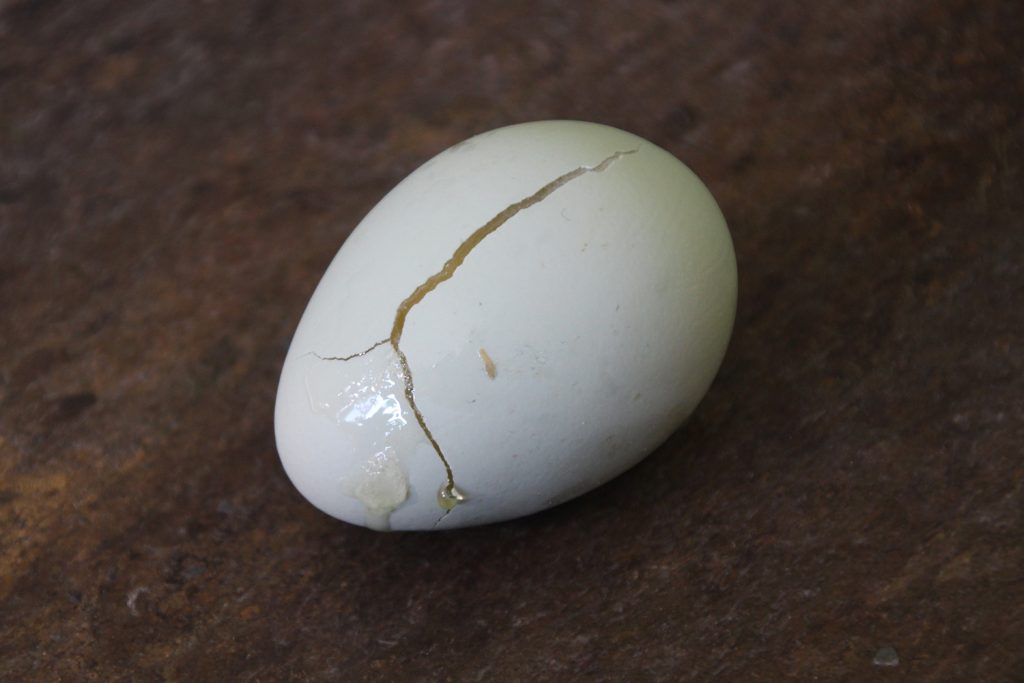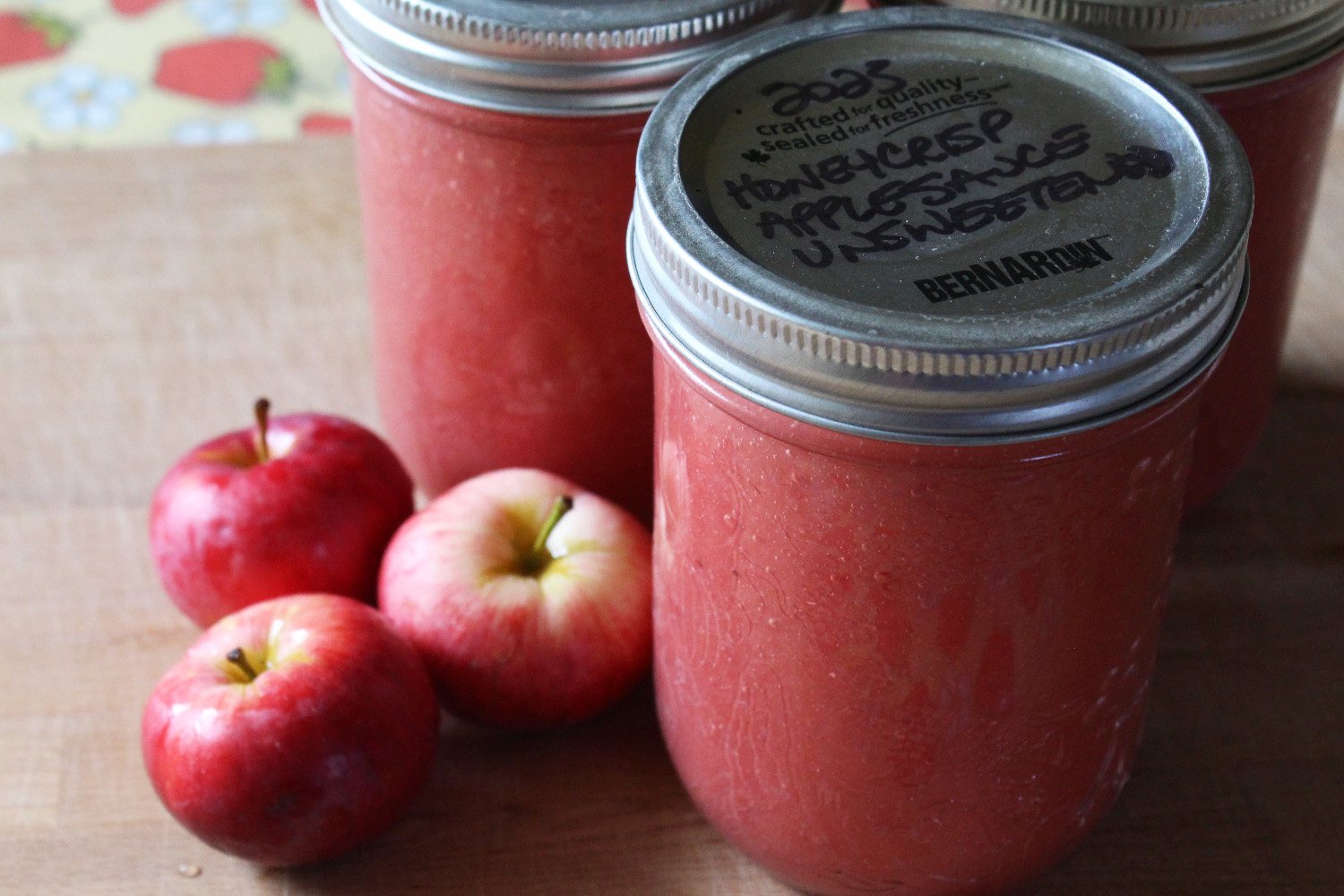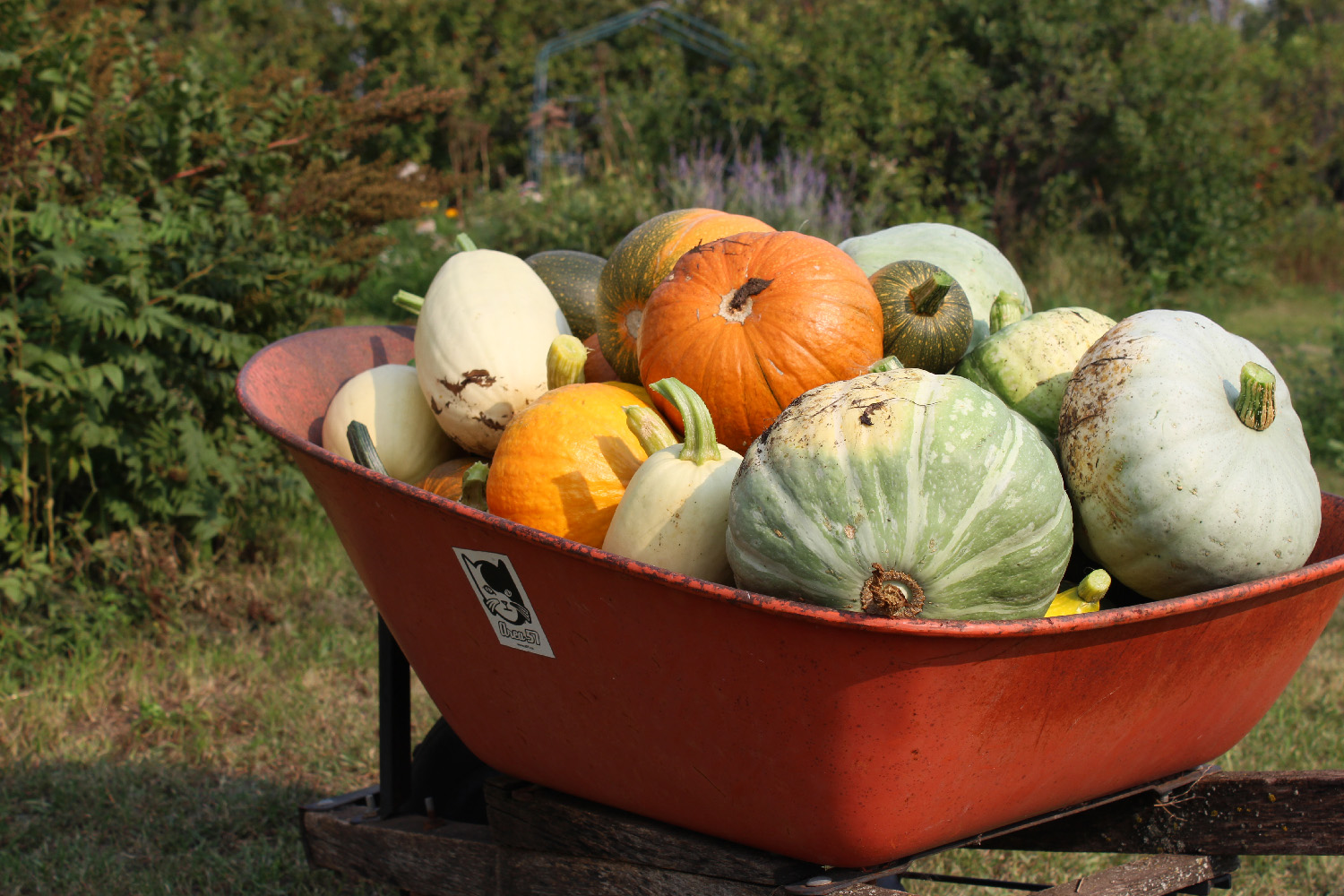Frozen & Cracked Eggs: Can You Eat Them?
March 17, 2019 | Chickens | 29 Comments
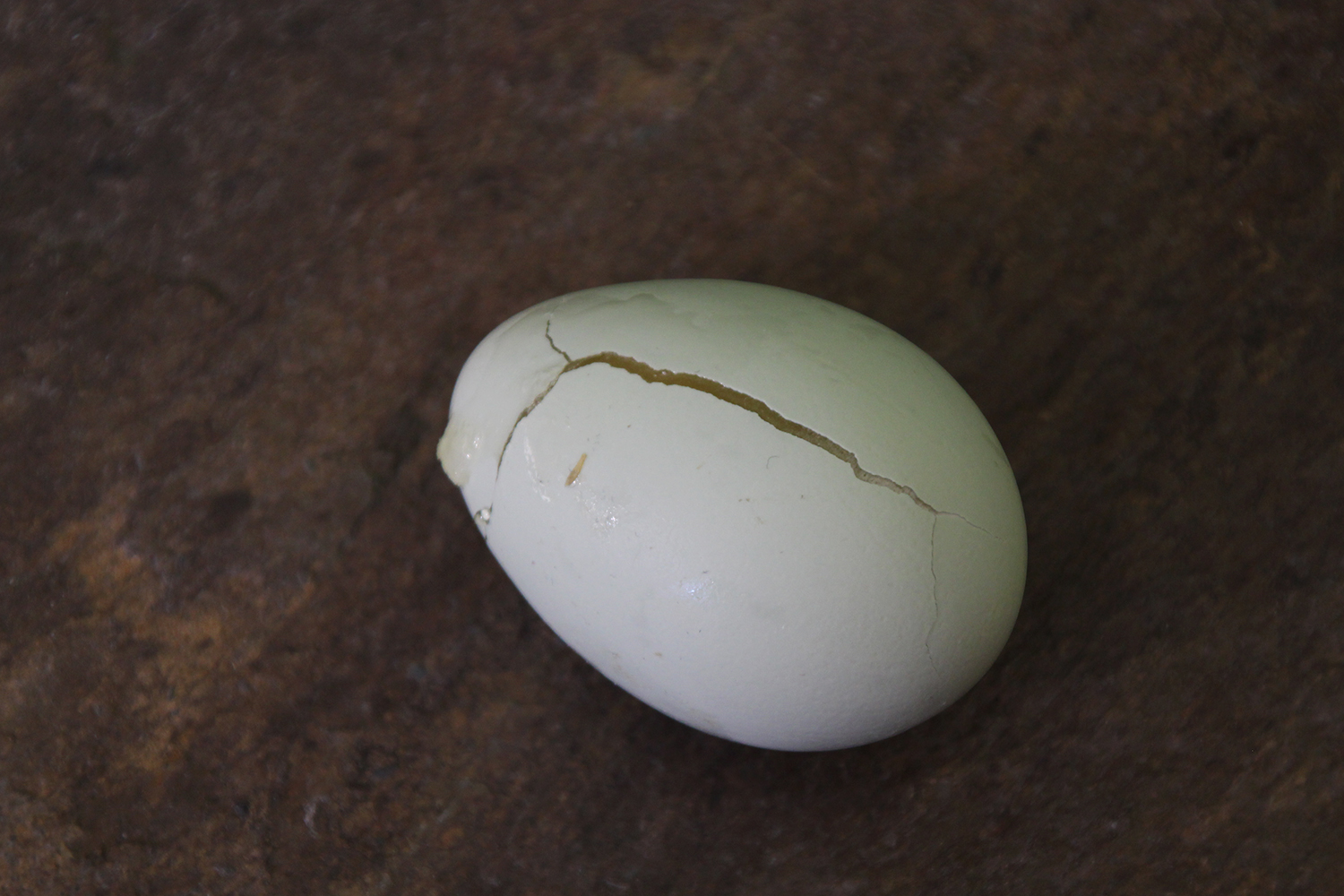
We are finally getting temperatures that suggest spring might come…eventually. A couple of weeks ago, I started writing this post, as it was still -40, and we were having problems with cracked eggs. While it won’t be an issue for us now for several months, I thought it was still worth putting up a post about it, as we all know winter (and polar vortexes) will be rolling around again soon enough.
We keep our chickens in an unheated barn / coop that we made from a converted granary. While the walls cut the wind, there is not much insulation, and the body heat from the chickens still doesn’t bring the temperatures in the barn up above freezing if it is cold out. Of course, we are zone 2/3, and get pretty cold in the middle of winter. As in -40 kind of cold.
This year, February was exceptionally cold, and the temperatures hardly came up above -25 for most of the month. As you can imagine, that sort of weather is hard on chickens. Their feed consumption goes way up, and their egg laying goes way down. We are careful to keep the coop ventilated to reduce the chances of frostbite, and the hens tend to cuddle together to stay warm.
We still get a few eggs, even on the coldest days. However, if we aren’t there to collect them as soon as the hen lays them, they will freeze. Egg shells have two layers – the hard outer layer, and a thin, flexible inner membrane. As the egg freezes, the egg yolk and white expand, and can crack the egg. If they don’t sit for too long, or if the weather is not terribly cold, they don’t crack; however, if they get too cold, or stay frozen for long enough, they will develop cracks in the shell, and sometimes even the inner membrane is affected. Some days (especially the -40 days), we are collecting nothing but cracked eggs.
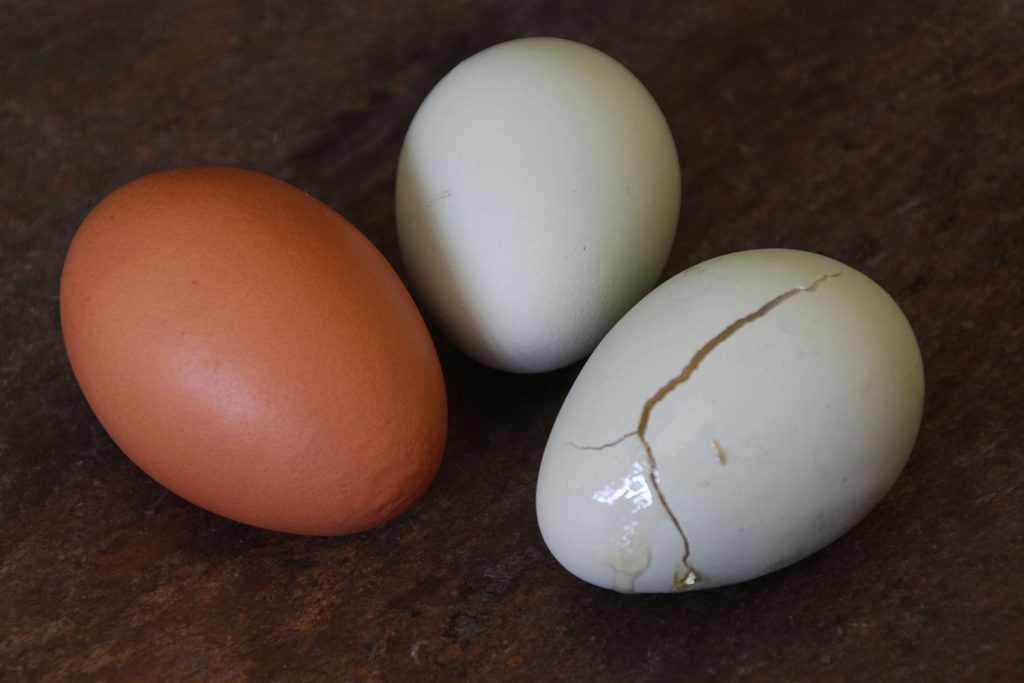
Frozen eggs are fine to just thaw and eat, and if they haven’t cracked, they can be stored as usual in the fridge or root cellar with no special treatment. While we haven’t done an actual comparison, we haven’t noticed any significant difference in how frozen eggs cook, nor how long they store.
Eggs with a cracked shell but intact membrane are fine to cook and eat, as long as they are not poopy or dirty, but the cracks will allow bacteria in, so they should be used up right away, and thoroughly cooked – we won’t even taste cookie dough made with cracked eggs, just to be on the safe side. We just let them thaw in a dish on the counter, then use them as soon as they are liquid again.
The odd egg is so badly frozen that even the inside membrane is broken. We don’t eat those ones, as there is just too much chance of contamination. You could, I suppose, if you were desperate, but I’d recommend making sure they were thoroughly cooked to a high temperature (something way beyond soft boiled or over-easy), as there is a lot of bacteria even in the cleanest nesting box. We just cook them up right away in a nice porridge to feed to the dogs, who appreciate a hot meal on those cold days.
